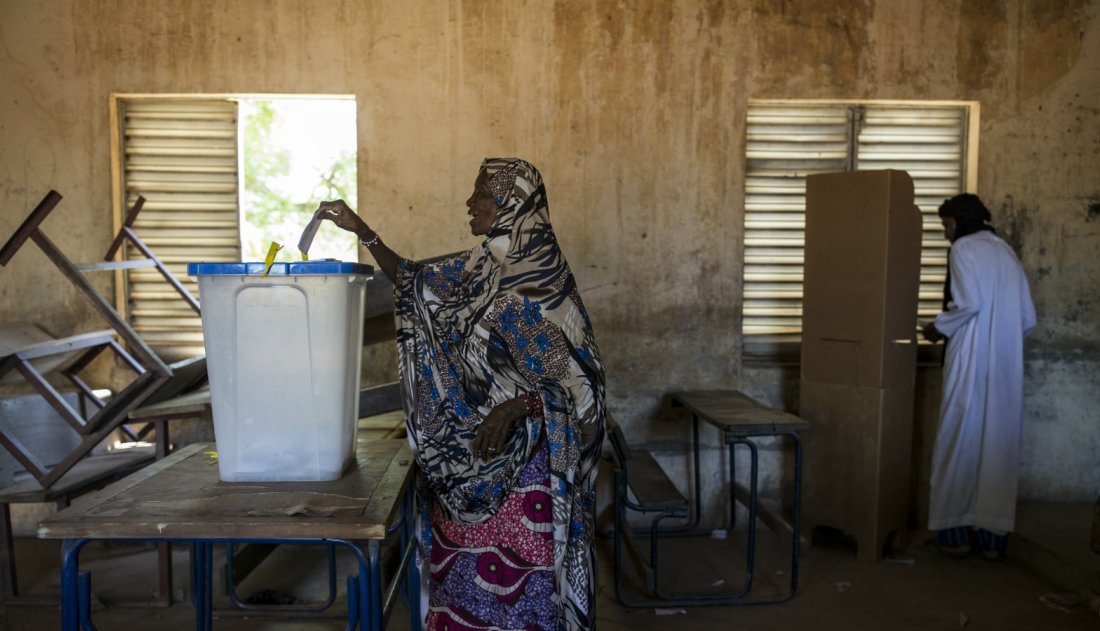
The report of the Secretary-General (GA 73rd session) on the "Follow-up to the International Year of Older Persons: Second World Assembly on Ageing", focuses on the cross-cutting issues involved in the provision of long-term care for older persons, while also considering the needs of paid and unpaid care providers, many of whom are women and migrant workers. It promotes a holistic approach to long-term care that recognizes the growing need for care that is both affordable and of high quality, which must be met by comprehensive policies that provide support to unpaid caregivers, who are mostly female family members, as well as to paid caregivers, both national and migrant workers, to help ensure that care jobs are decent jobs. A key message of the report is that investment in quality long-term care services and decent care jobs generates benefits for older persons, employment growth, gender equality and other development goals.
The report also provides a brief overview and highlights of work on ageing within the United Nations system. It concludes with recommendations for consideration by the General Assembly.
Download the full report here:
English | Français | Español | Русский | عربي | 汉语
 Welcome to the United Nations
Welcome to the United Nations


